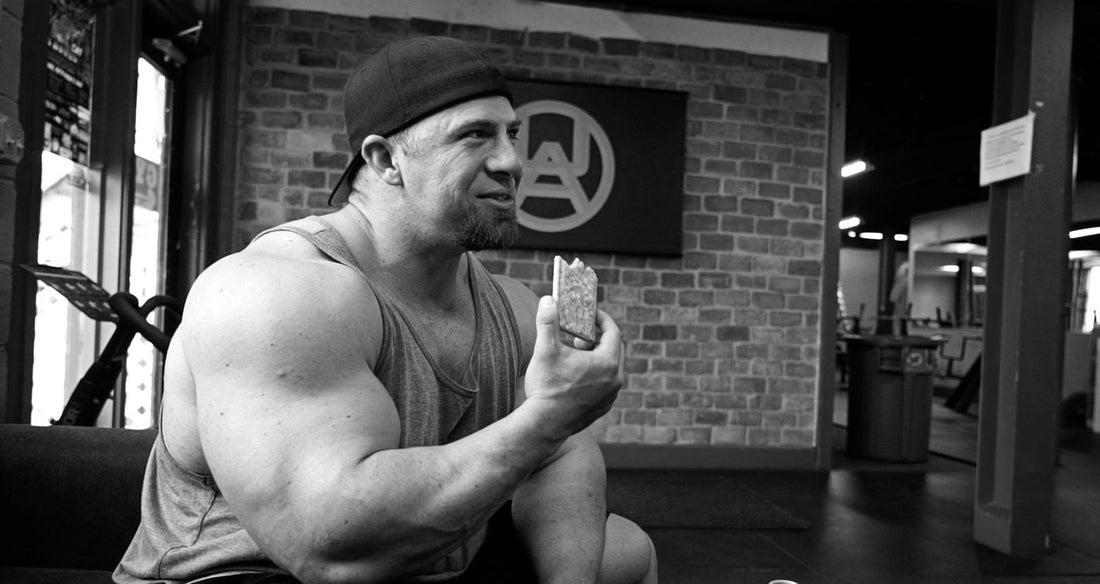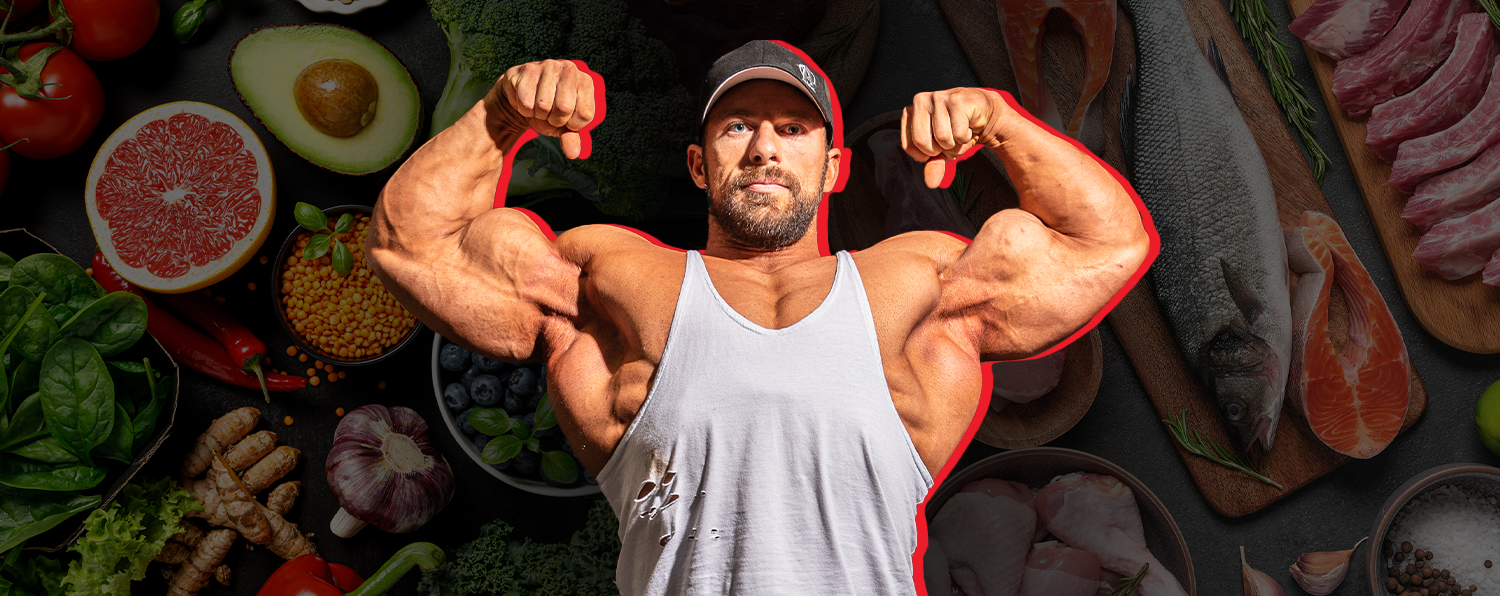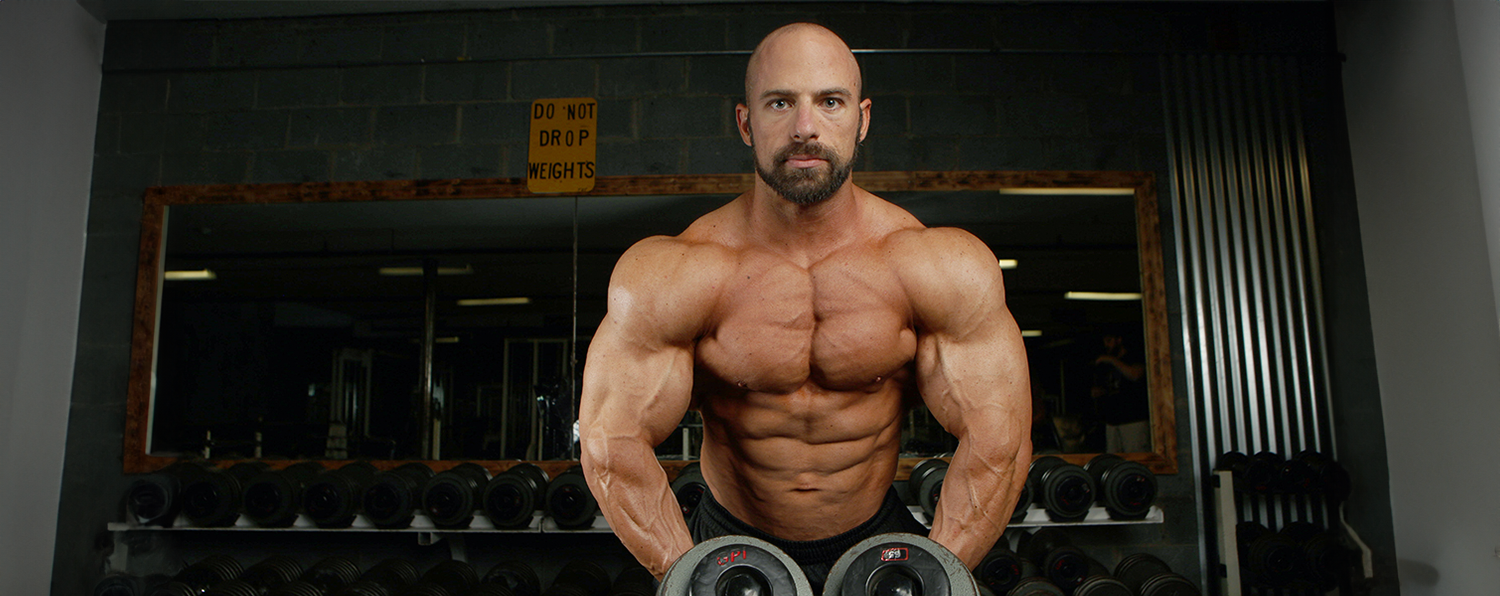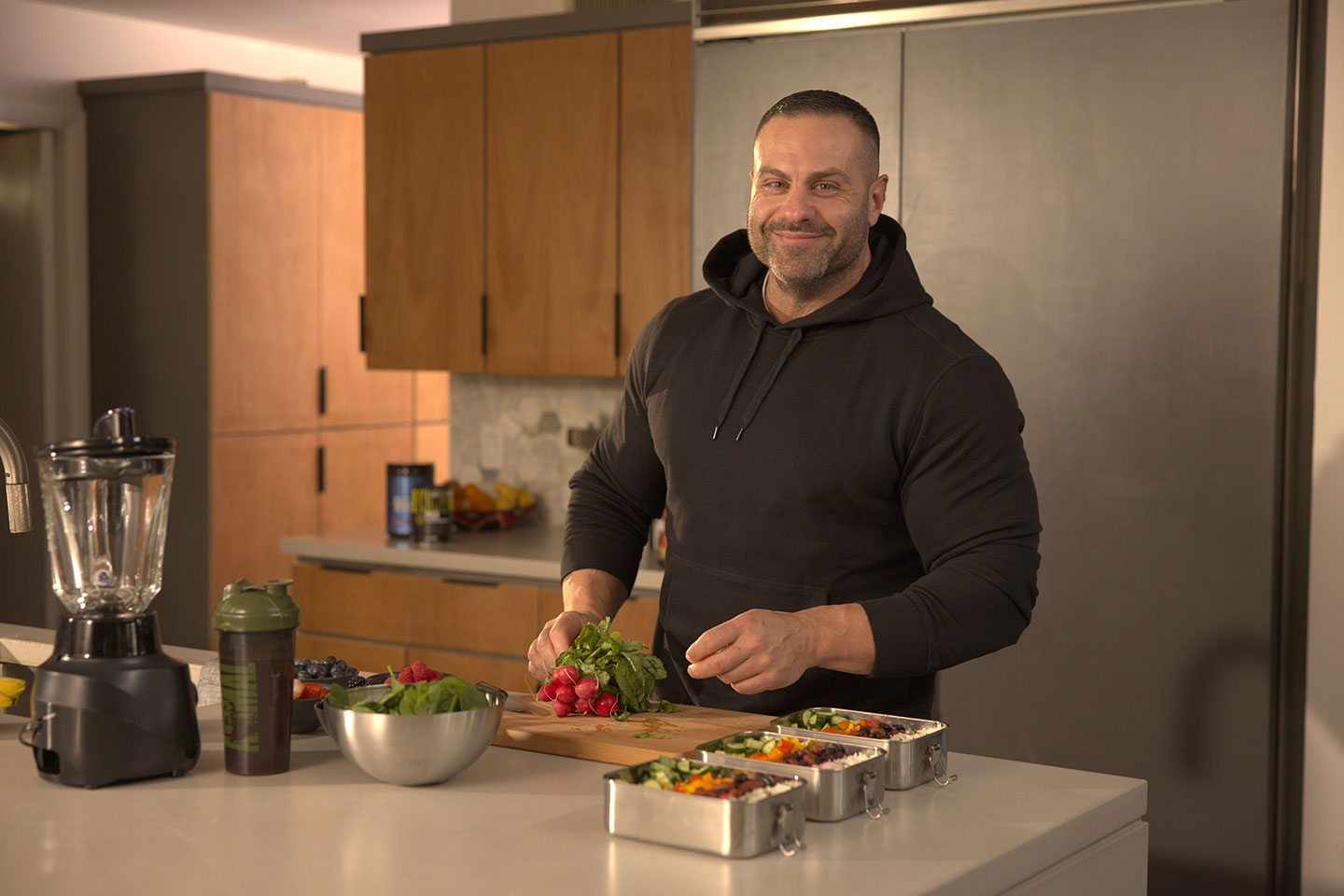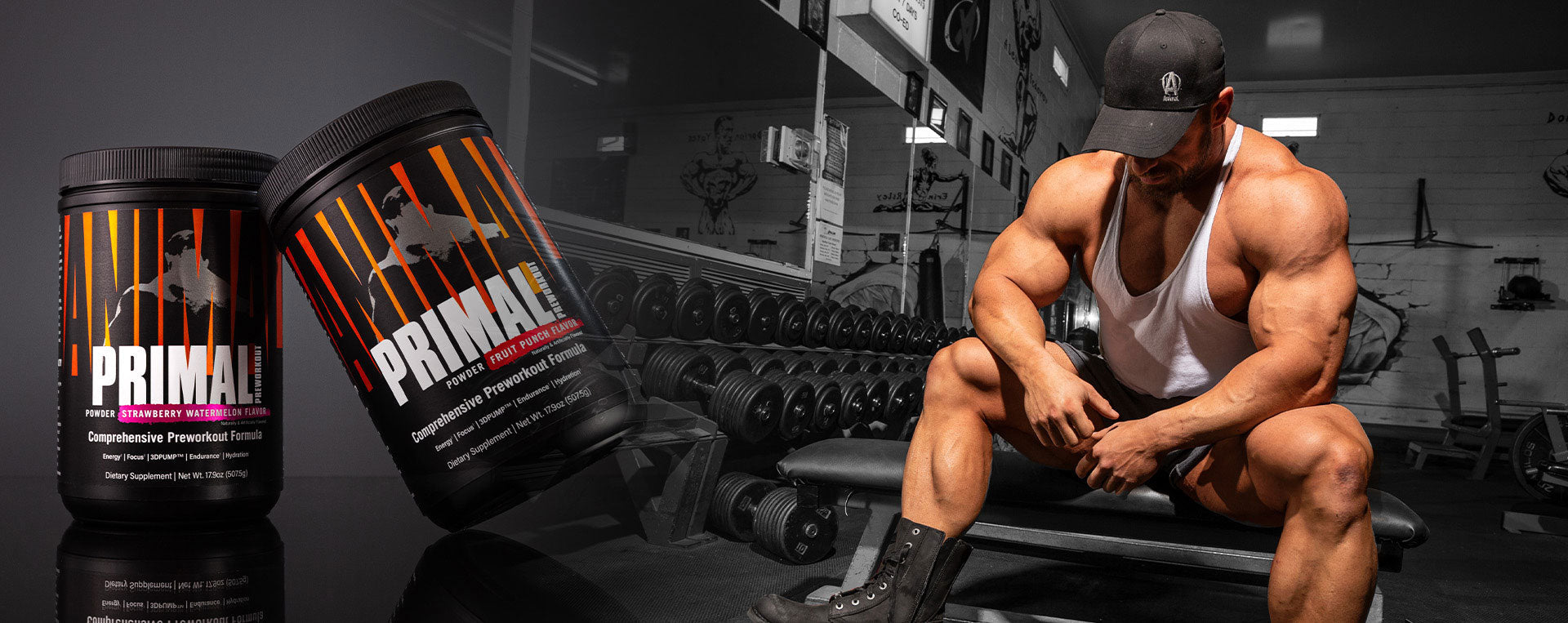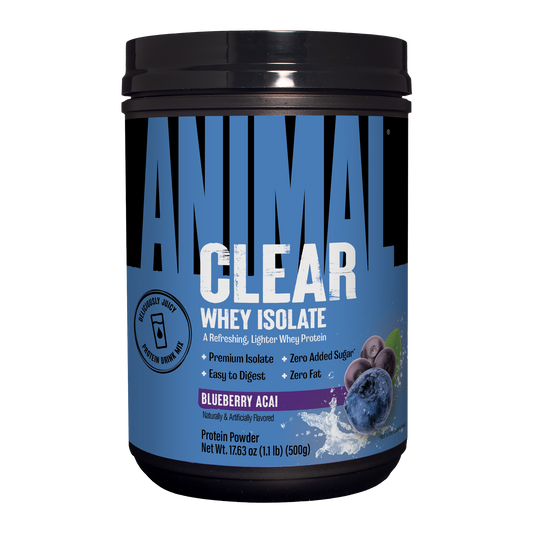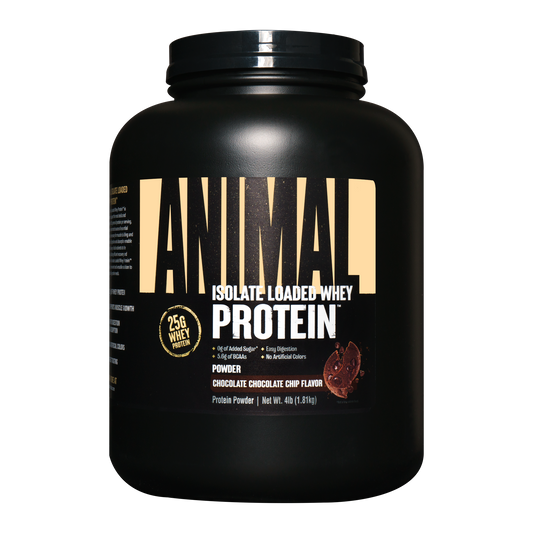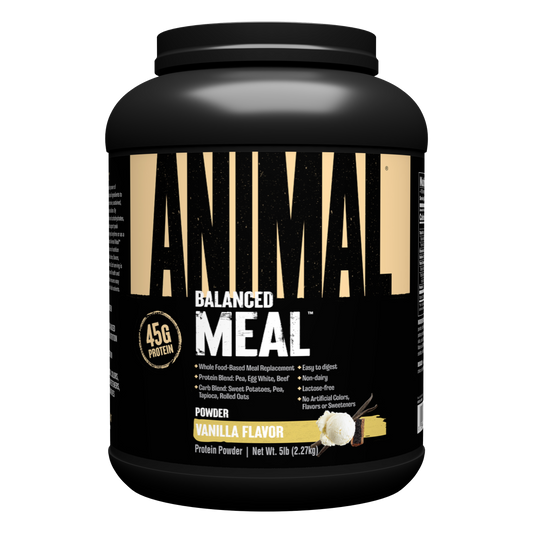Why Cheat?
When you’re in the off-season, you are mostly in a calorie surplus which should keep cravings much lower than when it’s contest prep time. During contest prep, a cheat meal will be burned off in the following days from a calorie deficit. Not so in the off-season. Eating a 2,000 calorie pizza while being in a calorie surplus will go right on your love handle and not come off. There is no metabolic benefit in the off-season. There is, however, a psychological benefit after a contest prep. I think it is very healthy to regain your social life and off-season does give more flexibility with food selection. A social event and eating off plan is a nice mental break. Just be cautious because eating cheat foods tends to make you want them even more. Also, the thing I dislike the most about a cheat meal is labeling it a cheat meal. I think this builds unhealthy relationships with food and could set people up for eating disorders, especially when you go from a strict plan into a binge meal and then back to a strict plan. Athletes should try to fit in these foods when they’re able, but not think of it as cheating. A cheat meal is not very beneficial to physical and mental progress, but there is a way to have it.Early Beginnings
I coached myself for my first contest prep. I did many great things and many wrong things. One of the wrong things was how I handled cheat meals. At 8 weeks out, I started having a weekly cheat meal on Friday night. I would get a double meat cheese burger with fries and then head over to the frozen yogurt shop for dessert. This was all I thought about all week, which was part of the problem. It drove me crazy and made eating my strict meal plan during the week much harder. Then leading into off-season, I was free to eat even more of these foods. I started to build an unhealthy eating pattern. The cheat meal also did nothing for me physically. I had poor digestion and it was so high in fat that it didn’t fill me out like a whole refeed day of my routine diet foods would have.Fat Season
I think we all have that off-season where we push food too hard. Well, let me tell you about mine. It was 2015 and got nationally qualified as a light heavy weight. I knew I had about 10lb of stage weight I needed to add, so off-season was going to happen in a big way. I pushed calories hard if the scale wasn’t moving upward. I would religiously perform my weekly cheat meal, which was pizza, burgers, or other high fat crap food. The scale weight climbed, and I thought I was making a lot of progress. I went from 189lb to 230lb, thinking I would now be around 198lb on stage. Damn was I wrong. I ended up coming back down to 184lb for the stage. I had put on so much body fat that my whole prep was just chasing fat loss. I needed so much cardio I couldn’t retain the muscle I put on.Pro Thoughts
As a pro bodybuilder I had to evaluate if I was doing everything possible to make the most progress I could. I am competing against guys with the best genetics and incredible work ethic. I have to out work these guys wherever I can. I looked over cheat meals in the off-season and decided this wasn’t something I can do weekly and make progress. A very important aspect to adding muscle and retaining that muscle is staying in a lean state. So for me I don’t eat high fat, high calorie meals weekly. Instead I focus on trying to increase foods in my daily diet from food sources I would eat on prep. This leaves me satiated and without cravings. Don’t get me wrong, post show I eat whatever I want for a few meals, but deep in the off-season that’s not going to happen.Now when I want to stay social and eat out with my fiancee, we will pick a restaurant that offers options pretty close to my plan. A steak and vegetable meal or sushi are both safe bets that have little to no impact on my physique. I still have to tell the waiter no butter or oil on my steak and veggies, and I know I can only have at most two sushi rolls. We also like to cook in and try new recipes that would fit our macros. Not only is this a lot of fun, it also keeps me up to date on food trends and helps my creativity for client recipes. We have made a cauliflower crust pizza, spaghetti with zucchini noodles, and even low fat chalupas. These are close enough versions of the real thing and they don’t affect my physique.
I am not an “if it fits your macros” guy or a flexible dieter, but I think using those approaches as one tool is a great idea. Another good strategy is to match the calorie level for a meal rather than macros. For example, if your normal meal has 600 calories, then go eat 600 calories of whatever you want. Doing that once a week would be just fine. Just understand that 600 calories doesn’t go far with high fat foods. I think it would even be okay to condense two regular meals into one meal for the day. So add up your two 600 calorie off-season meals to enjoy a 1200 calorie cheat meal. I wouldn’t recommend doing that weekly, but I see no issue with doing so occasionally.
Now I will have something just way off plan every 6-8 weeks. I don’t track it—I just eat whatever I want and enjoy. I think we can all afford to do this on occasion. Still, this is never a binge eating fest. I eat until I am satisfied and then stop. I will say if you find yourself binging off a strict plan and then having to restrict yourself, stop this approach completely. This is how eating disorders develop and a more balanced approach would be better suited for you. Competing in bodybuilding needs to be put on the back burner until you have a healthy relationship with food. Again, this is not the only way to do thing, but this is how I do it to compete at the pro level.
Don’t ask yourself how many cheat meals can you have in a week. Instead, ask what is the best approach with cheat meals that will get you to your goal. This is going to vary from person to person, but I encourage you to be honest with yourself and track progress accurately. If you are progressing, then the plan is working. If not, reevaluate. Cheat meals might be something to reconsider.







